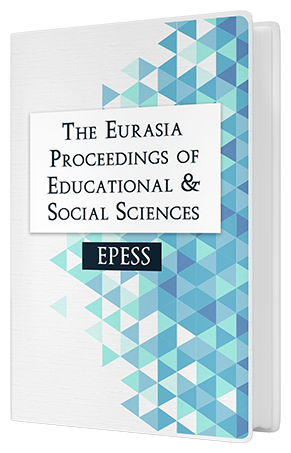An Action Research Experiment of Integrating Children with Attention Deficient Hyperactive Disorder “Adhd” in Main Stream Classes: A Case Study
Keywords:
Special education, Adhd, Inclusive education, Action research, Case studyAbstract
The aim of this study was to try to integrate a student with "ADHD" into a normal class following a qualitative action research approach. The study main key question is: What strategies do teachers find effective to support students with ADHD to integrate within mainstream education? The study importance stems from the hope that it will provide an opportunity for teachers who teach heterogeneous classes to benefit from its outcomes. The study followed a qualitative action research approach, that was carried out on a student diagnosed as suffering from ADHD. The intervention included some educational, emotional and behavioral aspects. The findings indicated some improvements of the child'sbehavior. The student became in a better position to control some of his negative behavior, such as movement and lack of random beating, or aggressive behavior when responding. In light of these results, the researchers recommend to select one or two behaviors of the student to research, in cooperation with the parents, and the rest related body in the school. It is also recommended that those who deal with a student with ADHD should keep calm when the student with ADHD is in a losing control position. Teachers should avoid talking about the student's negative behavior in front of him or his classmates. Finally, the teacher must arrange a weekly meeting with the parents to discuss the student's development.Downloads
Published
Issue
Section
License
Copyright (c) 2018 The Eurasia Proceedings of Educational and Social Sciences

This work is licensed under a Creative Commons Attribution-NonCommercial-ShareAlike 4.0 International License.
The articles may be used for research, teaching, and private study purposes. Any substantial or systematic reproduction, redistribution, reselling, loan, sub-licensing, systematic supply, or distribution in any form to anyone is expressly forbidden. Authors alone are responsible for the contents of their articles. The journal owns the copyright of the articles. The publisher shall not be liable for any loss, actions, claims, proceedings, demand, or costs or damages whatsoever or howsoever caused arising directly or indirectly in connection with or arising out of the use of the research material. All authors are requested to disclose any actual or potential conflict of interest including any financial, personal or other relationships with other people or organizations regarding the submitted work.




